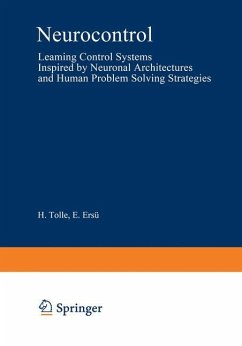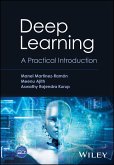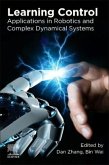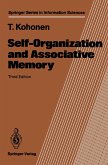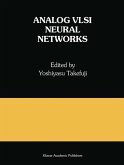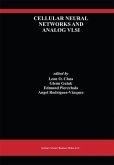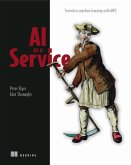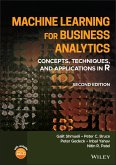Since heavily non-linear and/or very complex processes still pose a problem for automatic control, they can often be handled easily by human operators. The book describes re- sults from ten years of research on learning control loops, which imitate these abilities. After discussing the diffe- rencesto adaptive control some background on human informa- tion processing and behaviour is put forward and some lear- ning control loop structure related to these ideas is shown. The ability to learn is due to memories, which are able to interpolate for multi-dimensional input spaces between scat- tered output values. A neuronally and mathematically inspi- red memory lay out-are compared and it is shown that they learn much faster thanbackpropagation neural networks, which can also be used. For the learning control loop diffe- rent architectures are given. Their usefulness is demonstra- ted by simulation and results from applications to real pi- lot plants. The book should be of interest for control engi- neers as well as researchers in neural net applications and/or artificial intelligence. The usual mathematical back- ground of engineers is sufficient.
Hinweis: Dieser Artikel kann nur an eine deutsche Lieferadresse ausgeliefert werden.
Hinweis: Dieser Artikel kann nur an eine deutsche Lieferadresse ausgeliefert werden.

